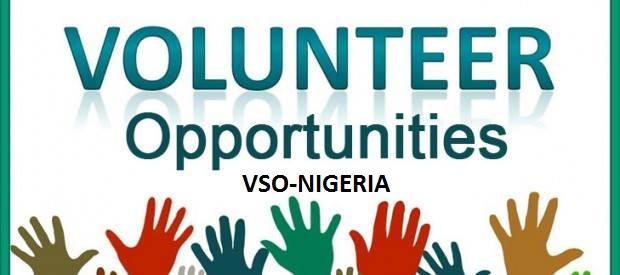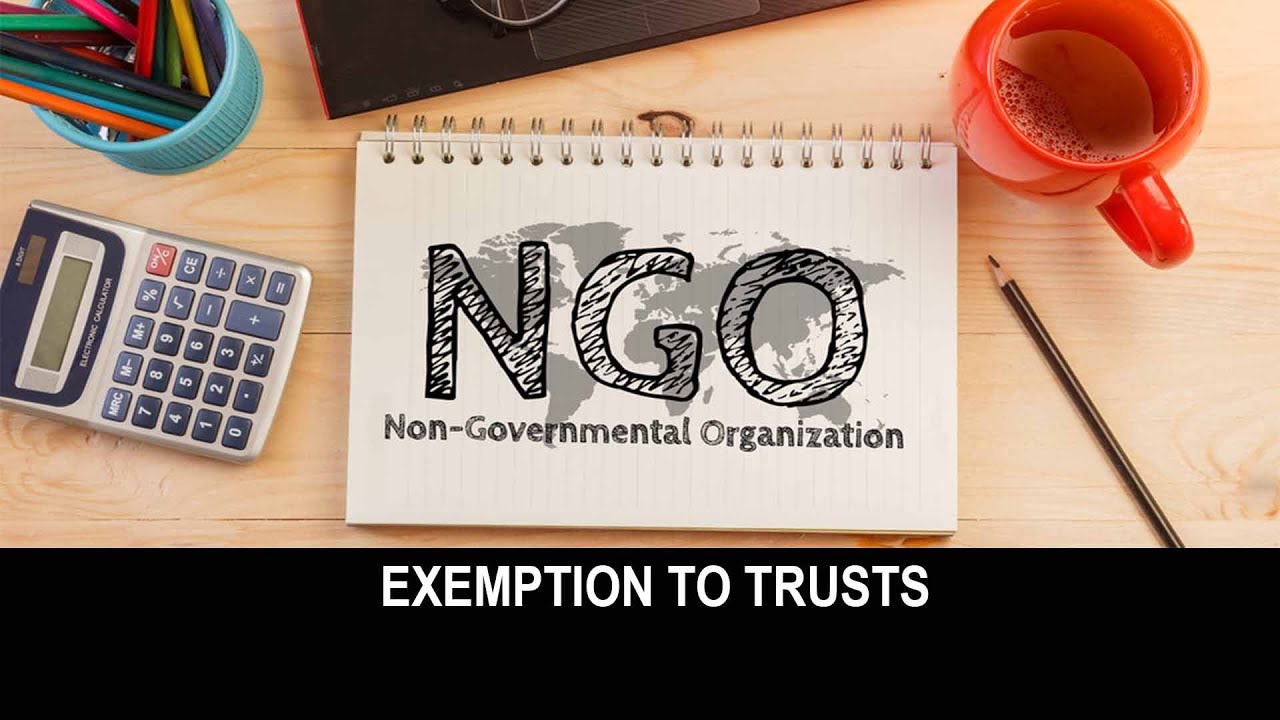
Introduction
How to apply for NGO jobs in Nigeria. Non-Governmental Organizations (NGOs) have become one of the largest and most reliable employers in Nigeria’s humanitarian and development sector. From health and education to gender equality and environmental sustainability, NGOs provide vital services that help communities thrive. With international and local funding pouring into development projects across the country, opportunities to work in NGOs are growing rapidly.
But here’s the challenge: landing a job with an NGO in Nigeria is highly competitive. Many job seekers submit applications daily without understanding what recruiters are truly looking for. Whether you’re a fresh graduate, a volunteer, or an experienced professional looking to transition into the non-profit sector, this guide will walk you through everything you need to know about applying for NGO jobs in Nigeria.
Table of Contents
- Understanding the NGO Job Landscape in Nigeria
- Types of NGOs Operating in Nigeria
- Common Roles and Their Requirements
- Step-by-Step Guide on How to Apply for NGO Jobs
- Top Platforms and Websites to Find NGO Jobs in Nigeria
- How to Write a Winning NGO CV and Cover Letter
- Volunteerism: A Stepping Stone to NGO Employment
- Interview Preparation Tips
- Mistakes to Avoid When Applying for NGO Jobs
- Final Thoughts
- Frequently Asked Questions (FAQs)
1. Understanding the NGO Job Landscape in Nigeria
The non-profit sector in Nigeria is one of the most vibrant in Africa. NGOs operate in all 36 states, including the Federal Capital Territory, and address a wide range of social issues. Major focus areas include:
- Public health (HIV/AIDS, malaria, maternal and child health)
- Education and youth empowerment
- Food security and nutrition
- Water, sanitation, and hygiene (WASH)
- Gender-based violence and women’s rights
- Climate change and environmental protection
- Human rights and governance
- Emergency response and disaster relief
These NGOs range from small community-based organizations (CBOs) to large international NGOs like:
- Médecins Sans Frontières (MSF)
- International Rescue Committee (IRC)
- Save the Children
- Catholic Relief Services (CRS)
- ActionAid Nigeria
- Plan International Nigeria
- Oxfam
- United Nations Agencies (UNDP, UNICEF, UNHCR, WHO)
Each organization has its mission, values, and hiring process. Some prioritize local experience, while others emphasize global standards and technical skills.
2. Types of NGOs Operating in Nigeria
a. International NGOs (INGOs):
These are global organizations with a footprint in Nigeria. They are usually well-funded and have rigorous recruitment processes. Examples include:
- Mercy Corps
- CARE International
- Norwegian Refugee Council (NRC)
- International Medical Corps
b. Local NGOs:
These are Nigerian-founded and managed non-profits. They often focus on grassroots development and community engagement.
Examples:
- CLEEN Foundation
- Connected Development (CODE)
- Women Advocates Research and Documentation Centre (WARDC)
c. Faith-Based NGOs:
These operate under religious organizations but serve all community members regardless of faith.
Examples:
- Catholic Caritas Foundation of Nigeria (CCFN)
- Islamic Relief Worldwide
3. Common Roles and Their Requirements
Here are some of the most common NGO job titles and what is generally expected:
| Role | Minimum Requirements | Key Skills |
|---|---|---|
| Program Officer | Bachelor’s degree in Social Sciences or related field | Project management, communication |
| M&E Officer | Degree in Statistics, Demography, or Development Studies | Data analysis, report writing |
| Finance Officer | BSc/HND in Accounting or Finance, ICAN/ACCA is a plus | Budgeting, financial reporting |
| Health Officer | Degree in Nursing, Public Health, or Medicine | Community health expertise |
| Logistics Officer | Degree in Business Admin or Supply Chain | Procurement, inventory management |
| Communication Officer | Degree in Mass Comm, PR, or Journalism | Social media, writing, branding |
| Field Officer | Diploma or BSc, depending on location | Community engagement, adaptability |
4. Step-by-Step Guide on How to Apply for NGO Jobs
Step 1: Identify Your Area of Interest
Not all NGO roles require technical degrees. Determine if your passion aligns with areas like health, education, governance, or advocacy.
Step 2: Build Relevant Skills
Take online courses on platforms like:
These platforms offer courses on:
- Project Management in NGOs
- Monitoring and Evaluation (M&E)
- Humanitarian Essentials
- Gender Mainstreaming
Step 3: Search for Vacancies
Use job boards, NGO career portals, and social media platforms to find active job postings (see section 5 below).
Step 4: Tailor Your CV and Cover Letter
Don’t use one generic CV for every application. Customize your documents to reflect the specific job description.
Step 5: Apply Through the Official Channels
Most NGOs list official application instructions. Always apply through their websites or authorized portals—not through third-party agents.
Step 6: Follow Up (Politely)
After 1-2 weeks, you can send a short email to HR or a recruitment contact (if provided) to express continued interest.
5. Top Platforms and Websites to Find NGO Jobs in Nigeria
| Website | Description | Link |
|---|---|---|
| ReliefWeb | Jobs in humanitarian & emergency settings | https://reliefweb.int |
| DevNetJobs | International development jobs | https://www.devnetjobs.org |
| UN Jobs | Opportunities with UN and partners | https://careers.un.org |
| MyJobMag NGO Jobs | Nigerian-based job portal | https://www.myjobmag.com/jobs-by-field/ngo-non-profit |
| NGOJobsAfrica | Updated listings for African NGOs | https://www.ngojobsinafrica.com |
| Jobzilla Nigeria | Local job board with NGO listings | https://www.jobzilla.ng |
| Hot Nigerian Jobs | Popular for current openings | https://www.hotnigerianjobs.com |
6. How to Write a Winning NGO CV and Cover Letter
CV Tips:
- Use a clean, professional format.
- Focus on accomplishments, not duties.
- Include quantifiable achievements (e.g., “Trained 100 women on small-scale farming”).
- Highlight soft skills like teamwork, flexibility, and communication.
- Use action verbs (e.g., led, implemented, supported).
Cover Letter Tips:
- Keep it short (max 1 page).
- Address the hiring manager by name if possible.
- Mention the specific job title.
- Show passion for the NGO’s mission.
- Include examples of how your work aligns with the organization’s goals.
7. Volunteerism: A Stepping Stone to NGO Employment
Volunteering is often the easiest way to get your foot in the door. Many professionals in the NGO world started as volunteers before being hired full-time. Consider volunteering with:
- Community-based NGOs
- Churches and mosques with outreach programs
- Online humanitarian platforms
- United Nations Volunteer (UNV) programs
- Local Red Cross or medical outreach teams
Benefits of volunteering:
- Gain experience
- Build networks
- Understand field realities
- Receive recommendations for paid roles
8. Interview Preparation Tips
- Know the organization: Read their mission, values, and recent projects.
- Practice behavioral questions: Use the STAR method (Situation, Task, Action, Result).
- Prepare for technical questions: Especially for roles in health, M&E, finance, etc.
- Dress modestly and professionally.
- Follow up with a thank-you email.
9. Mistakes to Avoid When Applying for NGO Jobs
- Using one generic CV for all applications
- Ignoring application instructions (e.g., file format, deadline)
- Lying about your experience or qualifications
- Overlooking soft skills and volunteer experience
- Applying without understanding the NGO’s mission
- Not following up after interviews
10. Final Thoughts
Applying for NGO jobs in Nigeria requires patience, consistency, and a strategic approach. As the humanitarian and development sector continues to expand annually, opportunities will also grow, particularly in underserved regions and crisis zones.
However, getting hired is more than submitting a CV and going back and relax. It’s about aligning your skills, expertise, experience, and passion with the goals of organizations, making a real impact in society. Whether you’re fresh out of school or transitioning from the corporate world, this guide gives you the knowledge to start or accelerate your NGO career and also shows you how to apply for NGO jobs in Nigeria in detail.
11. Frequently Asked Questions (FAQs)
Q1. Can I apply for NGO jobs without a university degree?
Yes. While many roles require degrees, some field jobs or administrative roles may accept diploma holders or those with relevant experience or certifications.
Q2. Are NGO jobs in Nigeria well-paid?
It depends on the NGO and your role. International NGOs typically offer better salaries than local ones. However, the real value comes from professional growth, job security, and impact.
Q3. How can I volunteer with an NGO?
You can reach out to NGOs directly, apply through platforms like UN Volunteers, or look for local openings in your community.
Q4. What’s the difference between working for a UN agency and an NGO?
UN agencies are intergovernmental and often coordinate with NGOs. They may offer more structured jobs, but also require competitive exams or prior experience.
Q5. Can I work remotely for NGOs in Nigeria?
Some roles, like communications, proposal writing, and data analysis, can be remote. But most jobs, especially fieldwork, require physical presence.
Ready to start your career in development?
Keep learning, keep applying, and don’t hesitate to start with volunteer work. The NGO world in Nigeria is looking for passionate people who want to make a difference.
Let your journey begin.
Related content:






This Post Has 4 Comments